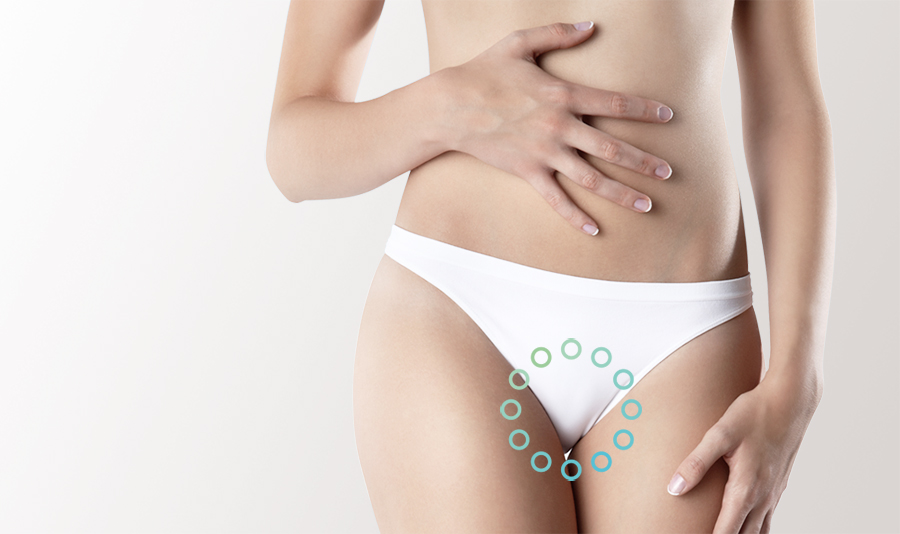SUISSE MPC 2 Study
Clinical Study for Patients with Stress Incontinence
Development of a new treatment option against stress urinary incontinence
In the SUISSE MPC 2 study (Stress Urinary Incontinence Study to assess Safety and Efficacy of Muvon’s Muscle Precursor Cell Therapy), researchers at the University of Zurich are currently investigating a novel treatment option. This is a so-called “Phase II study”, which is designed to assess the efficacy and safety of the new treatment option.
The treatment option is a cell therapy. Patients are given the body’s own muscle precursor cells: a new treatment approach that could improve the symptoms of urinary incontinence.
This is how the treatment works


01.
In a first step, doctors will take muscle tissue from the patient’s calf. The tissue is the size of half a sugar cube (about 0.5 x 1 x 1 cm).
02.
The muscle precursor cells are filtered out of the collected material in the laboratory, and are then multiplied in the incubator for four to five weeks.


03.
The doctors inject the mixture into the patient’s bladder sphincter. Thanks to ultrasound, they can see exactly where the needle tip is located during the injection. This makes it possible to place the cells with pinpoint accuracy. There are two different dosages of cells that are randomly administered to the patients participating in the study.
04.
The safety and efficacy of the treatment will subsequently be investigated in a post-treatment phase over a period of 6 months.
This is how the treatment works

01.
In a first step, doctors will take muscle tissue from the patient’s calf. The tissue is the size of half a sugar cube (about 0.5 x 1 x 1 cm).

02.
The muscle precursor cells are filtered out of the collected material in the laboratory, and are then multiplied in the incubator for four to five weeks.

03.
The doctors inject the mixture into the patient’s bladder sphincter. Thanks to ultrasound, they can see exactly where the needle tip is located during the injection. This makes it possible to place the cells with pinpoint accuracy. There are two different dosages of cells that are randomly administered to the patients participating in the study.

04.
The safety and efficacy of the treatment will subsequently be investigated in a post-treatment phase over a period of 6 months.
Results to date
The novel treatment approach has already been tested in a so-called Phase I study at the University Hospital Zurich. This study was completed without serious or unexpected side effects.
“The treatment approach demonstrates a novel mechanism of action for the treatment of stress incontinence.”
